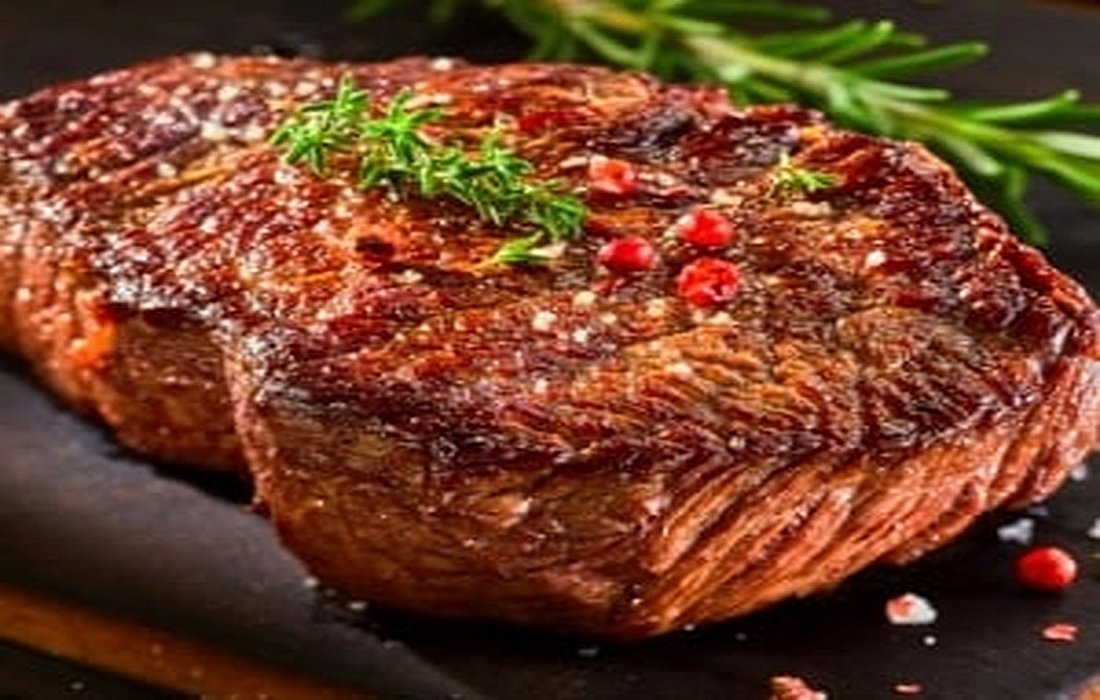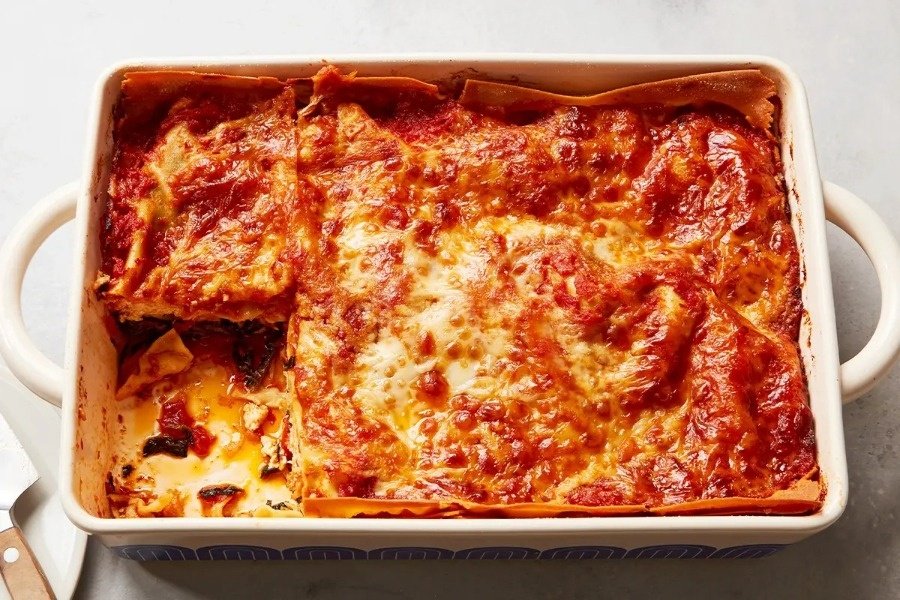BenefitsCamel MeatFor body health and disease treatment
The camel is a mammal with long legs and a hump on its back. There are two types of camels: dromedaries with one hump and Bactrian camels with two humps. Camels are also known as desert ships because they can survive without water for long periods. The average lifespan of a camel is between 30 to 50 years. In case of food and water scarcity, camels can store fats in their humps to use in the desert.
Camels are an excellent source of milk and meat. Camel meat is rich in vitamins and minerals (sodium,potassium, iron, copper, zinc, andmagnesium), proteins, and immunoglobulins. Camel milk containsmore vitamin Cthan cow’s milk. Camel milk is low in fat and lactose. It can be used to make ice cream,cheeseand butter.Camel milkis used for various dishes.
Camel meat
is a good source of protein and is known for its high nutritional content. It has less fat compared to other red meats. Camel meat is primarily consumed in regions like Saudi Arabia, Egypt, Syria, Libya, Sudan, Ethiopia, Kazakhstan, and Somalia. However, this meat should be consumed worldwide due to its richness in minerals, proteins, and vitamins.
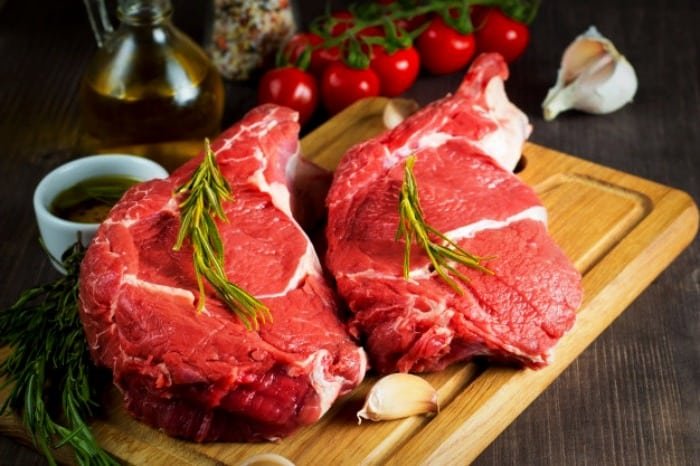
Benefits and Advantages of Camel Meat
Rich in Protein
Camel meat is rich in protein and low in cholesterol. People withdiabetesand high cholesterol can benefit from camel meat as it is very beneficial for them. The cholesterol level in camel meat is even lower than that of beef, goat, ostrich, and poultry. Therefore, due to its low fat and cholesterol content, camel meat can be a substitute for beef, especially for older adults.
Improves Joint Pain
Camel meat is high in calcium and phosphorus, making it very helpful and effective for those suffering from joint pain.
Good for Digestive System
Unique characteristics, such as the flavor-enhancing and aromatic properties of camel meat, increase gastric juice secretion and absorption capacity.
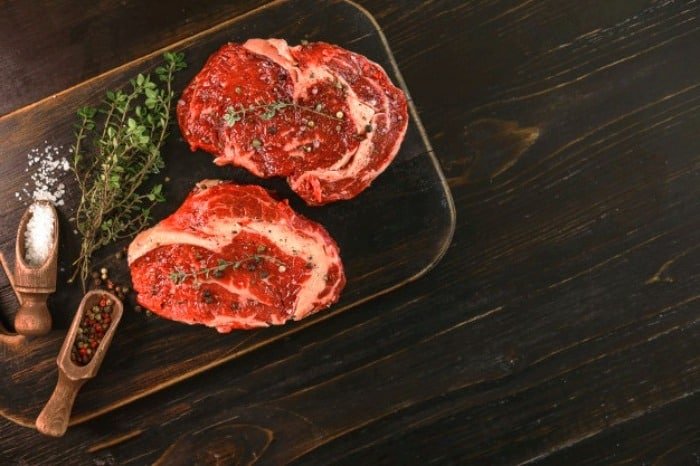
Cancer Prevention
Camel meat plays a vital role in cancer prevention. It contains linoleic acid, an unsaturated fatty acid that prevents interaction with other unsaturated fatty acids, helping to prevent cancer. Camel meat provides suitable energy for nerve cells to combat brain fatigue, exhaustion, and nerve pain.
Rich in Vitamins
Camel meat is rich in vitamins such as vitamin A and vitamin B, contributing to skin health and maintaining mucous membranes. It also stimulates the immune system to fight against external infections. Another function ofvitamin Ais to act as an antioxidant, protecting cells from cancer and other diseases. In the human body, vitamin B is essential for converting glucose into the required energy. It is also crucial for the proper functioning of the nervous system, and its deficiency can lead tostress,anxietyanddepression.Thus, camel meat is an excellent source of vitamin B.
Rich in Iron
Camel meat is a rich source of iron. Iron is a fundamental component of hemoglobin and reduces the risk of anemia. Therefore, it is recommended for individuals withanemiato include this meat in their diet.
Free of Hormones
One of the most valuable properties of camel meat is that it is hormone-free because these animals often live in nature, and breeding facilities are very limited.
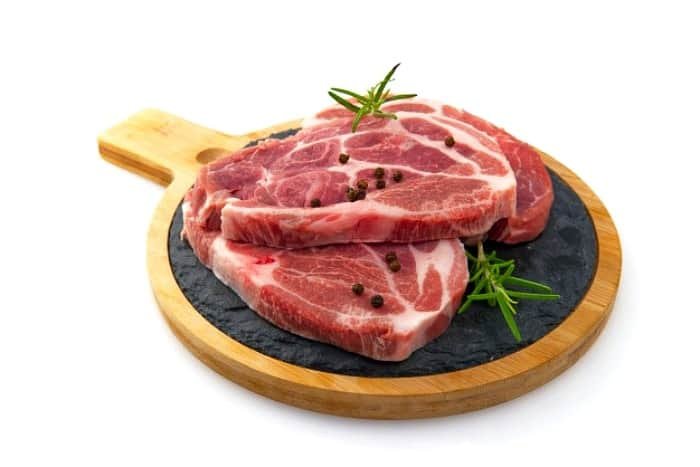
Prevention of Heart Diseases
All red meats contain a lot of fat, and consuming these fats can lead to many cardiovascular diseases, including heart disease andhigh blood pressure.As we know, camel meat has less fat, which reduces the risk of heart diseases and conditions like obesity andcolon cancer.Strengthens the Body
If you are looking for a nutritious and high-calorie food, consuming camel meat is recommended, as it has very few disadvantages and provides a lot of energy.
Benefits of Camel Meat
For Sexual HealthFor many centuries, traditional medicine has recommended camel meat consumption to address sexual weakness, as the zinc it contains boosts sexual health.
Treatment of Various Diseases
Camel meat is beneficial in treating various illnesses, including:
Camel meat can treat seasonal fever,
- sciatic painand shoulder pain.Camel meat soup can help treat cloudy corneas and
- enhance vision.Fat from camel can be used to reduce pain fromhemorrhoids.
- The dried lungs of camels can treat asthma, especially when consumed withhoney.Weight Loss
- Camel meat also helps with weight loss. Studies have shown that due to its low fat content, camel meat is a better choice than other meats, making it healthy and beneficial for weight loss.
- TreatmentCoughCoughing can be very concerning and hinders daily activities. Coughing can cause throat pain and itching; to control coughing, fry the liver of the camel and soak it in hot water to create a liquid. Drinking this liquid three times a day will soothe your throat.
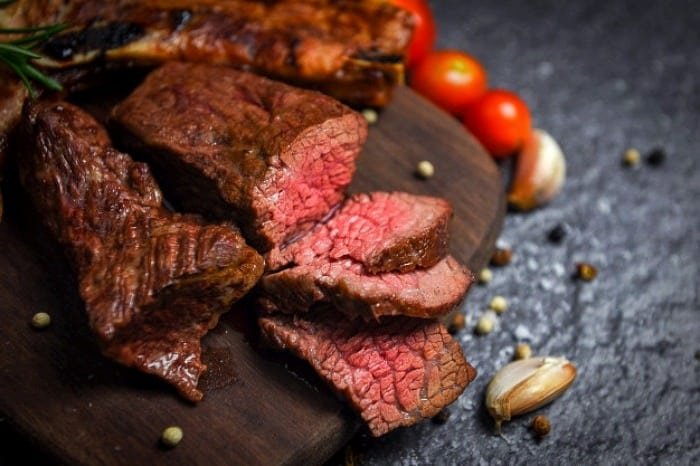
Good Taste
The delightful taste of camel meat is loved by many, especially in the Arab world. Many restaurants in Abu Dhabi, Dubai, and Riyadh serve dishes made with camel meat due to its delicious flavor.
Benefits of Camel Meat DuringPregnancy
The presence of various vitamins, especially vitamin B, phosphorus, and calcium in camel meat, promotes fetal growth
and is beneficial.
The compounds found in camel meat prevent many fetal growth disorders.
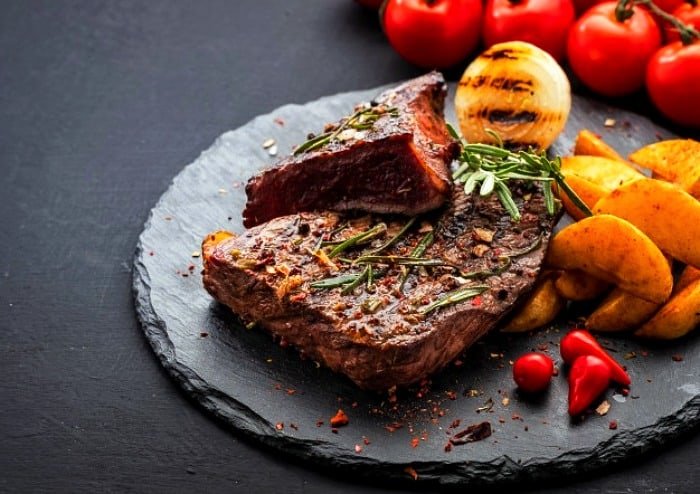
Consumption of this red meat helpsprevent premature birth.
The outstanding calories present in camel meat are very beneficial for nursing mothers.Benefits of Camel Meat for ChildrenAs mentioned at the beginning of this health section, due to its high calorie content, camel meat is especially recommended for active children.
During childhood growth, its high calcium and phosphorus content is suitable.
For children who are not yet able to move, it is better to use camel bone marrow oil.Reasons Why Camel Meat is Healthy for UsMany reasons prove that camel meat is very healthy for us. The presence of certain
nutrients
in camel meat, such as protein, makes it unique.
Camel meat contains low fat and cholesterol, making it very healthy for us.Camel meat is rich in various vitamins; this multivitamin food is very suitable for our muscles.Camel meat provides the essential amino acids that our body needs. It contains amino acids like met, val, trp, his, ile, and leu.
Chewing camel meat is very easy, making it suitable for older adults.
Camel meat is juicy, so it can be added to
soups
to enhance its flavor and aroma.Nutritional Chart of Camel MeatIf we consume 1 kilogram of camel meat, the nutritional content is as follows.
Nutritional Value of Camel Meat
Calories: 1000
Carbohydrates: 0%
Fat: 9 grams
Protein: 213 gramsThe nutritional value of camel meat is slightly higher than that of other meats, and among them, young camel meat is preferred. Therefore, it should be marketed worldwide alongside sheep, goat, and beef. Additionally, camel meat has therapeutic effects for many serious diseases, includinghigh blood pressure,
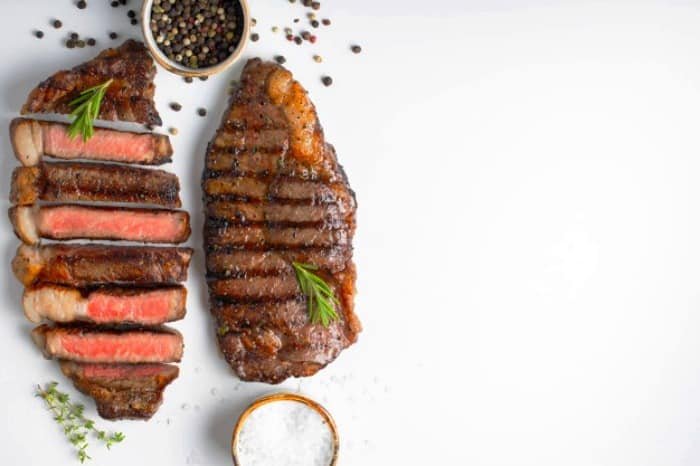
heart disease, and cancer. Hence, it should be included more in our daily diet regardless of cultural values.
Disadvantages of Camel Meat
Some parts of the camel, like its hump, contain a lot of fat, so its consumption is not recommended for people with cardiovascular diseases and the elderly.
- Caloric Content of Camel Meat
- Health Benefits of Camel Meat
- Properties of Camel Meat
- Benefits of Camel Meat for the Digestive System
Purchasing Camel MeatProperties and nutritional value of camel meatBenefits of Camel Meat
Properties of Camel Meat for Disease Treatment
Taste of Camel Meat



